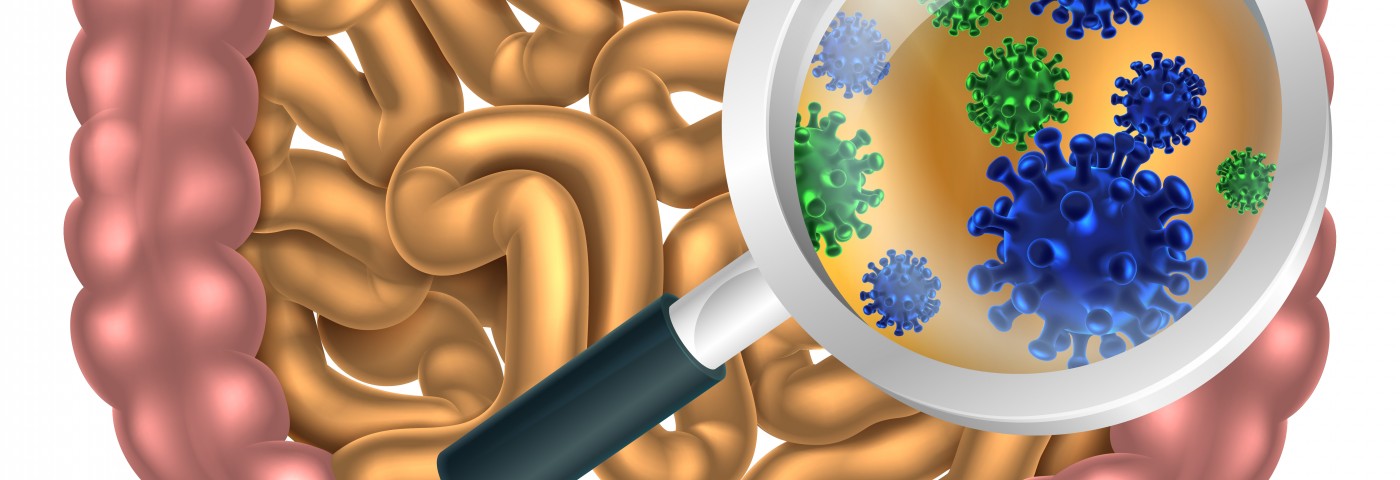A study found the protection against Crohn’s disease rendered by specific microorganisms in the gut might be ineffective in people who possess a variant of the ATG16L1 gene. The researchers suggested that certain genetic variants represent major risk factors for inflammatory bowel diseases (IBD), due to their effect on the sensing of protective signals from the gut microbiome.
The study, “Gene-microbiota interactions contribute to the pathogenesis of inflammatory bowel disease,” was published in the journal Science.
Bacteria communities in the gut are essential for overall health and well-being, as they perform important physiological functions, such as the breakdown of food and nutrients, development of the immune system, and protection against disease-causing pathogenic bacteria and excessive inflammation. Frequently called “good” bacteria, the maintenance of their balance and influence in disease prevention are the subject of much research.
IBD has been associated with an unbalance in good bacteria and with certain risk variants in the human genome, although the underlying mechanisms of such genetic influence remain undefined.
Researchers focused on Bacteroides fragilis, human commensal bacteria that offer beneficial immunomodulatory molecules to immune cells in the gastrointestinal system, and ease Crohn’s disease symptoms. Researchers found that such beneficial effects were negatively affected by variations in the ATG16L1 gene. Mutations in this gene led to the inability of immune cells to suppress mucosal inflammation, suggesting that they render these bacteria ineffective in performing one of their most crucial functions — preventing over-inflammation of the intestinal lining.
“This study is very important because it identifies a completely novel mechanism through which these genes may lead to an increased risk of developing Crohn’s disease,” Dr. Dermot McGovern, the study’s co-author and director of Translational Medicine at the Cedars-Sinai F. Widjaja Foundation Inflammatory Bowel and Immunobiology Research Institute, said in a news release.
Results also may help identify those patients most likely to benefit from manipulation of the microbiome in the digestive tract, as a low percentage of IBD patients actually respond to current immunomodulatory drugs.
“This study significantly advances the knowledge base for physicians treating patients with Crohn’s disease,” said Shlomo Melmed, MB, ChB, executive vice president, Academic Affairs, and dean of the medical faculty at Cedars-Sinai.

